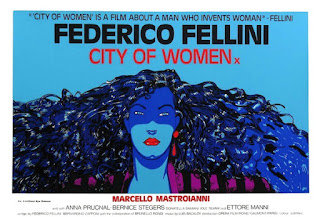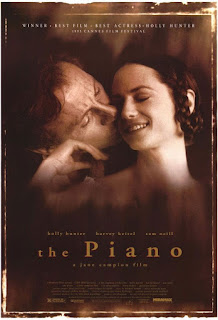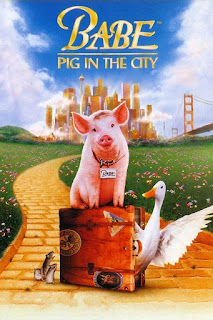June 29th: CITY OF WOMEN (Federico Fellini, 1980)
NOTE: This film will be projected in the high-definition Blu-ray format.
A lecherous businessman on a train trip descend into a hallucinatory trek through organized feminism and recollections of women from his own life.
Federico Fellini was one of the key figures in the foreign language art film boom in the 1960s, alongside his contemporaries Ingmar Bergman and Michelangelo Antonioni, whose symbolism-laden works reached surprisingly large international audiences and became known for their own personal brands of filmmaking.
After exploring the decadent nightlife of Rome in La Dolce Vita and the surreal midlife crisis of 8½ with his favorite male actor Marcello Mastroianni, Fellini looked to his other muse, wife Giulietta Masina, for his exploration of the female psyche in Juliet of the Spirits. After spending the 1970s looking into the mythology of Rome and Italy and his own childhood, Fellini returned to femininity for his first film of the 1980s, self-described as an old man's reaction to the rising tide of Women's Lib and various feminist movements.
While drawing from his own subconscious as usual, Fellini also spoke with and read materials of various feminist writers (including "second-wave" icon Germaine Greer). His attitude is at turns sympathetic, curious, bewildered, and playful, as he supports the movement while still expressing an inability to totally understand his lifelong obsession.
The film was shot almost completely at Fellini's favorite playground, Cinecitta studios in Rome. Returning behind the camera is cinematographer Giuseppe Rotunno (Fellini's Satyricon and Amarcord), as well as future Oscar-winners Dante Ferretti and Gabriella Pescucci on production and costume design, respectively.
The cast is headed by Mastroianni, joined by an arsenal of actresses and writers from Italy, France, Poland, the UK, and Sweden. The elder actor once again represents Fellini's randy, self-deprecating alter-ego, and shared many of the director's views on the subject matter.
The film opened to mixed reviews like much of Fellini's later work, but has been praised as an honest and humorous entry in his filmography, marked with the kind of visual spectacle not matched by anyone else before or after.
Running time is 2 hrs, 15 min.
A lecherous businessman on a train trip descend into a hallucinatory trek through organized feminism and recollections of women from his own life.
Federico Fellini was one of the key figures in the foreign language art film boom in the 1960s, alongside his contemporaries Ingmar Bergman and Michelangelo Antonioni, whose symbolism-laden works reached surprisingly large international audiences and became known for their own personal brands of filmmaking.
After exploring the decadent nightlife of Rome in La Dolce Vita and the surreal midlife crisis of 8½ with his favorite male actor Marcello Mastroianni, Fellini looked to his other muse, wife Giulietta Masina, for his exploration of the female psyche in Juliet of the Spirits. After spending the 1970s looking into the mythology of Rome and Italy and his own childhood, Fellini returned to femininity for his first film of the 1980s, self-described as an old man's reaction to the rising tide of Women's Lib and various feminist movements.
While drawing from his own subconscious as usual, Fellini also spoke with and read materials of various feminist writers (including "second-wave" icon Germaine Greer). His attitude is at turns sympathetic, curious, bewildered, and playful, as he supports the movement while still expressing an inability to totally understand his lifelong obsession.
The film was shot almost completely at Fellini's favorite playground, Cinecitta studios in Rome. Returning behind the camera is cinematographer Giuseppe Rotunno (Fellini's Satyricon and Amarcord), as well as future Oscar-winners Dante Ferretti and Gabriella Pescucci on production and costume design, respectively.
The cast is headed by Mastroianni, joined by an arsenal of actresses and writers from Italy, France, Poland, the UK, and Sweden. The elder actor once again represents Fellini's randy, self-deprecating alter-ego, and shared many of the director's views on the subject matter.
The film opened to mixed reviews like much of Fellini's later work, but has been praised as an honest and humorous entry in his filmography, marked with the kind of visual spectacle not matched by anyone else before or after.
Running time is 2 hrs, 15 min.










Comments
Post a Comment